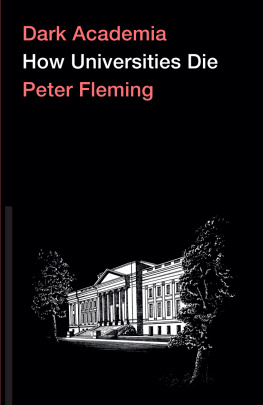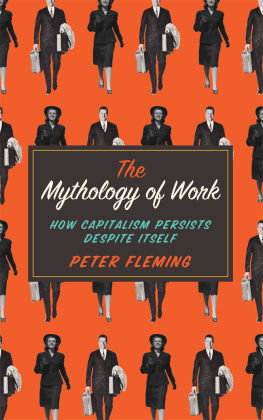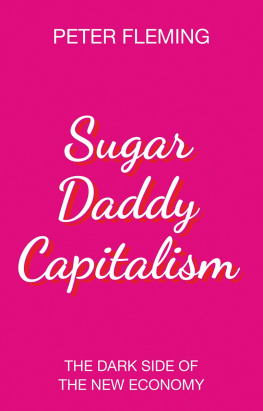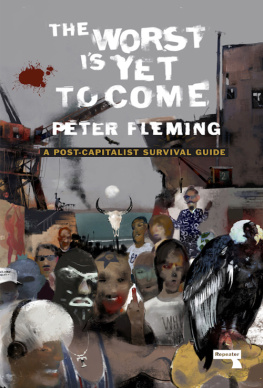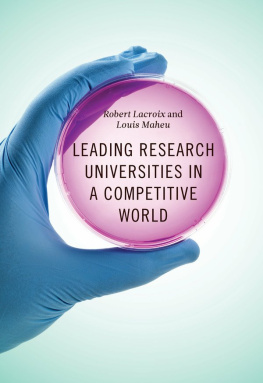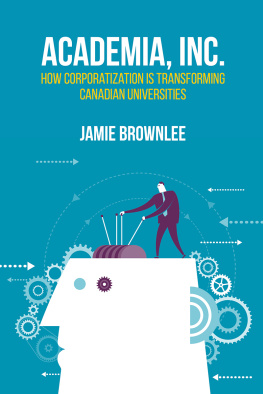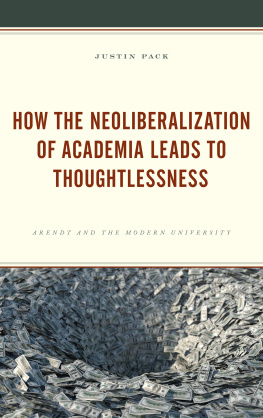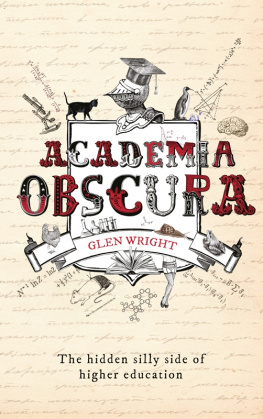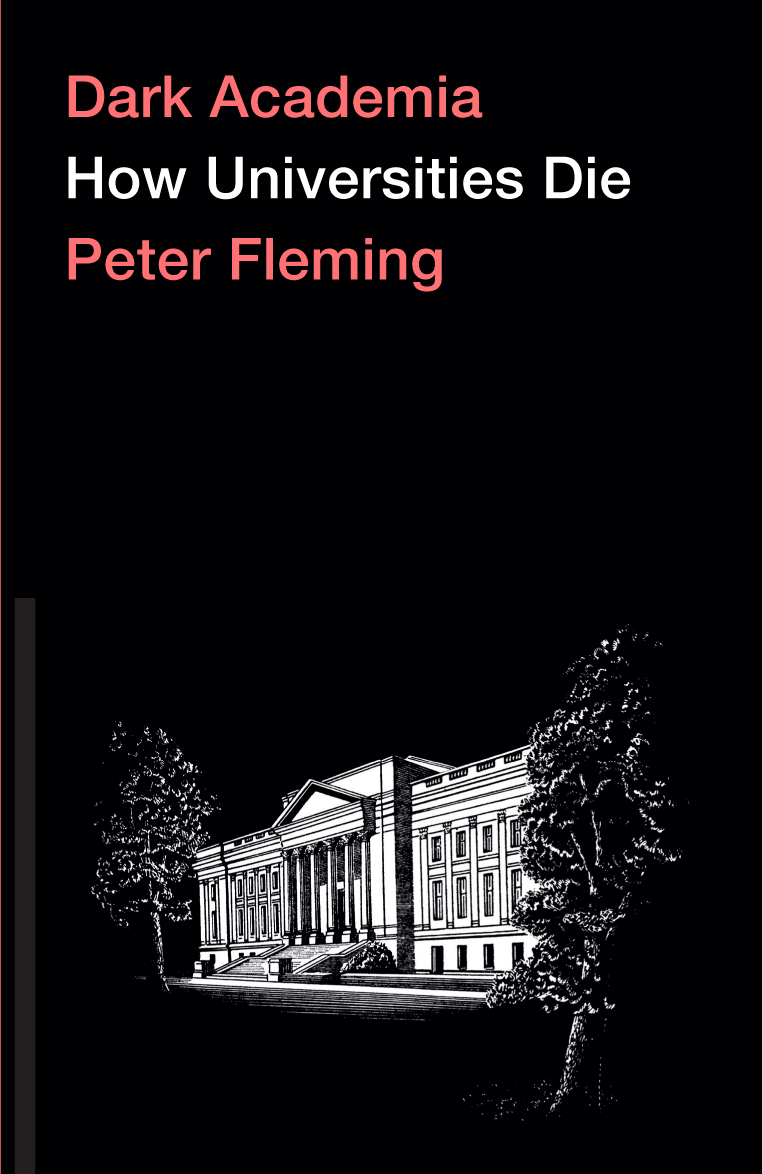Contents
Guide
Dark Academia
Within the last 50 years, neoliberalism has waged a major assault on higher education. The seriousness of this assault and its impact on modes of governance, faculty, and students is a narrative of major importance that needs to be identified, analysed, and addressed in all of its complexities if higher education is to be reclaimed as a crucial public good. At last, we have a book that does just that. With Dark Academia, Peter Fleming has written a brilliant expos of the scourge of neoliberalism and its dark transformation of higher education into an adjunct of sordid market forces. This is a book that should be read by anyone concerned with not only higher education but the fate of critically engaged agents, collective resistance, and democracy itself.
Henry Giroux, McMaster University Chair for Scholarship in the Public Interest & The Paulo Freire Distinguished Scholar in Critical Pedagogy
Our foremost critic of management ideology, Peter Fleming, turns his talents to the corporate university and what he rightly calls its authoritarian turn, and he does so with devastating results.
Stefano Harney, Honorary Professor, Institute of Gender, Sexuality, Race and Social Justice, University of British Columbia
Also available by Peter Fleming:
The Death of Homo Economicus:
Work, Debt and the Myth of Endless Accumulation
Sparklingly sardonic ... Hilariously angry.
Guardian
An outstanding analysis of economics, society and the human condition.
Morning Star
The Mythology of Work:
How Capitalism Persists Despite Itself
Thought-provoking.
The Times
The practical lesson from Flemings provocation is to ask ourselves how much of the work we do every day is simply posturing and bad habit.
Financial Times
Acerbic, darkly humorous ... an entertaining read.
Times Higher Education
Dark Academia
How Universities Die
Peter Fleming

First published 2021 by Pluto Press
345 Archway Road, London N6 5AA
www.plutobooks.com
Copyright Peter Fleming 2021
Images copyright Amelia Seddon
The right of Peter Fleming to be identified as the author of this work has been asserted in accordance with the Copyright, Designs and Patents Act 1988.
British Library Cataloguing in Publication Data
A catalogue record for this book is available from the British Library
ISBN 978 0 7453 4105 7 Hardback
ISBN 978 0 7453 4106 4 Paperback
ISBN 978 1 7868 0813 4 PDF eBook
ISBN 978 1 7868 0815 8 Kindle eBook
ISBN 978 1 7868 0814 1 EPUB eBook
This book is printed on paper suitable for recycling and made from fully managed and sustained forest sources. Logging, pulping and manufacturing processes are expected to conform to the environmental standards of the country of origin.
Typeset by Stanford DTP Services, Northampton, England
Simultaneously printed in the United Kingdom and United States of America
Contents
Introduction
Infinite Hope But Not for Us

I was completing the first draft of this book when the Covid-19 virus was reclassified a global pandemic and all hell broke loose. Universities around the world were soon closed and staff raced to transfer classes online, sometimes within a few days. Erstwhile technophobes became experts in virtual technology overnight. Only after the situation stabilised and teaching resumed on Zoom were the stark fiscal implications considered. With so many international students unable to travel and campuses shut, higher education would soon face a bleak financial future as gaping budget deficits loomed.
Senior managers in most universities have already sounded the alarm, announcing significant pay-cuts, redundancies and major downsizing plans. And no doubt the crisis will be used as a convenient alibi for regressive interventions that some technocrats had always wanted to implement but darent until now. It looks like were about to witness an academic bloodletting on an unprecedented scale.
This is not exactly what I had in mind when writing the book, an examination of how universities die. Upon rereading the chapters through this lens, mostly written before anyone had ever heard of Coronavirus, the arguments take on a rather sinister tone, which is unintended. However, the more astute commentaries about Covid-19 make an important point: modern universities were already gravely ill. The founding mission of public higher education has been pulverised over the last 35 years as universities morphed into business enterprises obsessed with income, growth and outputs. Hence the high-risk strategy regarding the lucrative international student market, a bubble thats been threatening to burst for some time.
Internal work cultures have been dramatically altered too. Just look at the book titles that academics write about their own profession: The Toxic UniversityThe Great MistakeA Perfect MessUniversity in RuinsThe Lost Soul of Higher Education Lower Ed and my personal favourite, Whackademia.
Is the doom and gloom warranted? Yes, probably.
Impersonal and unforgiving management hierarchies have supplanted academic judgement, collegiality and professional common sense. In many institutions, senior executives have no But even tenured academics are wilting under the pressure, too afraid to speak out and wracked with anxiety about their publication pipeline.
To reiterate, clearly the modern university was already at deaths door before the pandemic struck, before Zoom, Kaltura and Panopto became academic household brands. Covid-19 simply threw these dire conditions into sharp relief for all to see. And this brings me to the purpose of the book. The hidden psychosomatic injuries that accompany this lingering demise as endured by countless students and academics deep inside the contemporary university have yet to be properly catalogued and explained. So thats what I will endeavour to do.
A brief essay I published in 2019 called Dark Academia formed the germ of the main idea. It tried to confront the dark side of working and studying in the modern university, calling out trends that are hardly ever mentioned officially. The essay drew on my own personal experiences, being careful to anonymise the examples and incidences. When published it attracted some attention from fellow travellers, many of whom agreed with the basic premise. Besides messages of support, however, four other kinds of correspondence stood out for me, which reinforce the arguments I wish to make here.
The first was from academics informing me that the grim picture I painted of the neoliberal university was nothing compared to their own experiences. While I assumed that tales of burnout, Uber-like ratings of lecturers and vindictive managers offered an accurate (albeit pessimistic) impression of higher education today, these academics said I hadnt gone far enough. After describing encounters in their own universities, sometimes in graphic and distressing detail (e.g., dirty protests in faculty bathrooms, senior management announcing plans to burn its library books to free up more teaching space, etc.), I thought my god! What kind of institutional pressures have permitted such horrors to occur and in some instances be normalised as run-of-the-mill?

